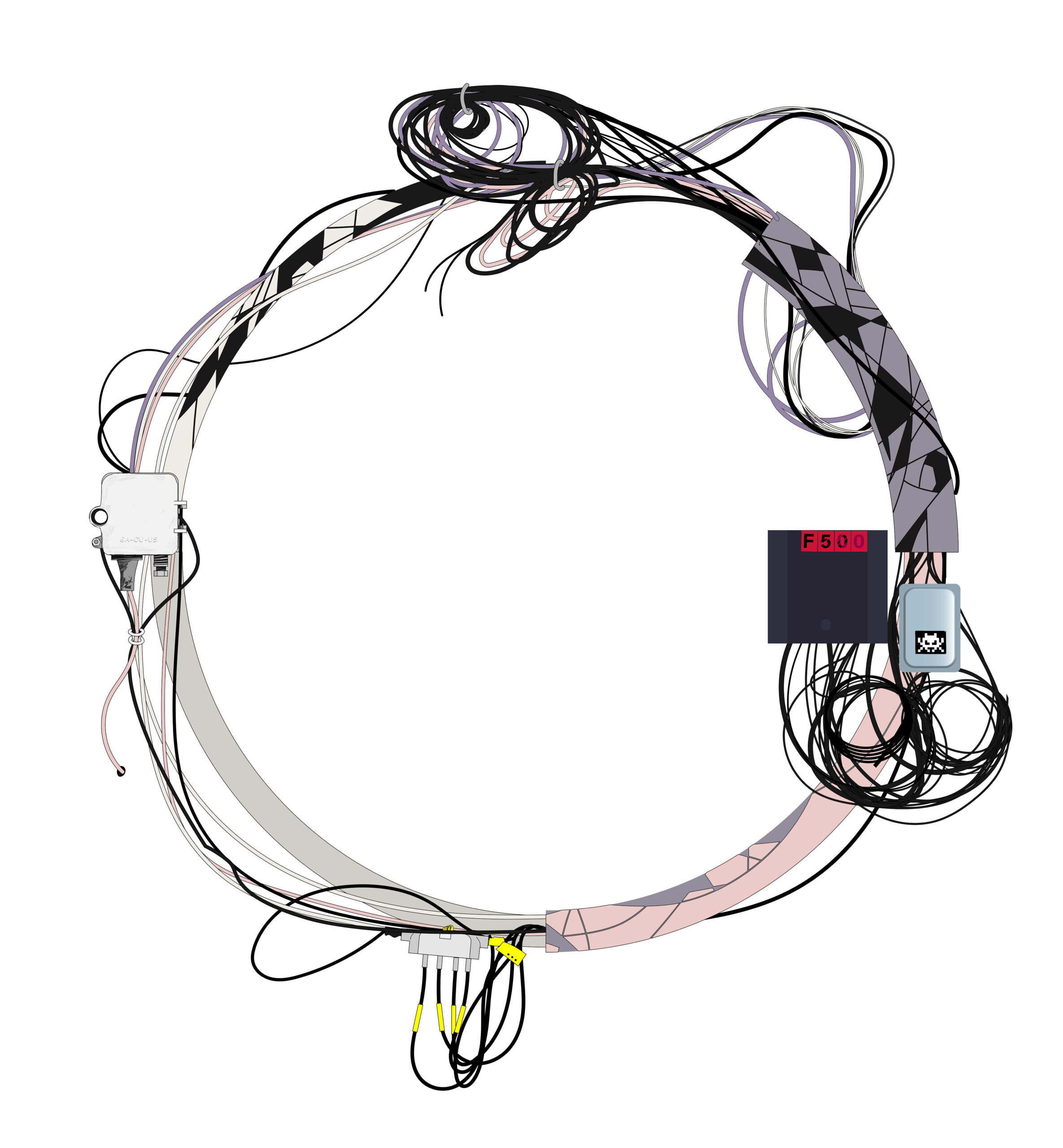If the definition and history of design is far from consensual, so is the definition of a designer. Beyond craft elements that make a designer an apt professional, what makes a designer a designer are more core beliefs and view of the world, as well as how we are seen by others. When we address […]
PhD Thesis
Throughout my career, there were always heated discussions about the general lack of design recognition, empowerment, presence of designers in top leadership, but the insights to better understand this, especially in large corporations, were elusive, with anecdotal evidence and lack of qualitative and quantitative data. This research started from this motivation, with a focused question: ‘Why aren’t there more designers in the C-Suite of F50 corporations?’.
References
I realize many of your would like to follow up on the references, attached.
What about where design and business are not aligned?
Revenue models propose a great way to understand the alignment and misalignment between design and business project cycles. Typical models map cumulative cash flow over time, through stages of Idea Generation, Commercialization and Realization. With differences in terminology, this model holds true to many organizations, and though it allows designers to perform and add value […]
What is a core element that aligns design and business?
At the core of designer education, though not specific to design, we have the ‘project’ as a unit that designers learn to apply their skills and competencies to. The ‘project’ is a process through which occupations organize themselves to attain market power and recognition, and it is an essential component of design attitude. Though in […]
Who is this research for?
The result of this research is aimed at a mid-level senior designer, who has had formal design education, who has already done some people management and enjoyed it, who believes in the power of large companies and desires to be in a position where she can influence the design direction of the company throughout its […]
How was your question received?
Regarding the question “Why Aren’t There More Designers in the C-Suite of F50 Corporations”, the interaction with both designers and non- designers revealed a certain uneasiness with the question. Some senior designers felt there was a certain insinuation that they were either not able or willing to be in high level positions in large corporations, […]
What were your research objectives and hypothesis?
Objective 1: Discover existing research specifically dedicated to reasons why trained designers do not occupy high level positions in large corporations; Objective 2: Establish via engagement with designers and executives, insights that might be impeding designers from assuming high level positions in large corporations; Objective 3: Generate a number of hypothesis that could be researched […]
What about women designers in the C-suite of large corporations?
This research would be remiss if it didn’t address the fact that there is an ongoing debate about the lack of women in the C-suite of large corporations, as well as in the CEO role. As the HBR puts it in an article on the topic “The news about U.S. women’s presence in the C-suite […]
Why US F50, and not F500, or Global 500?
The focused sample of this research was the top 50 Fortune 500 US corporations, and apart from a moment where we extrapolated the potential number of designers impacted by F500 corporations, we kept away from extrapolating any of the insights and data from the top 50 to the remaining 450 or even other universe of […]
Why the focus on Fortune 50?
While there is a large amount of innovation going on in start-ups, Fortune 500 (F500) companies are still responsible for a large part of the impactful innovation driving the economy, if not directly through acquisitions of start-ups. In many company lists published in the media, the large majority of companies been cited are still large […]

